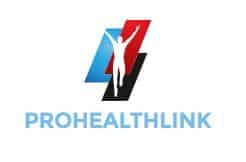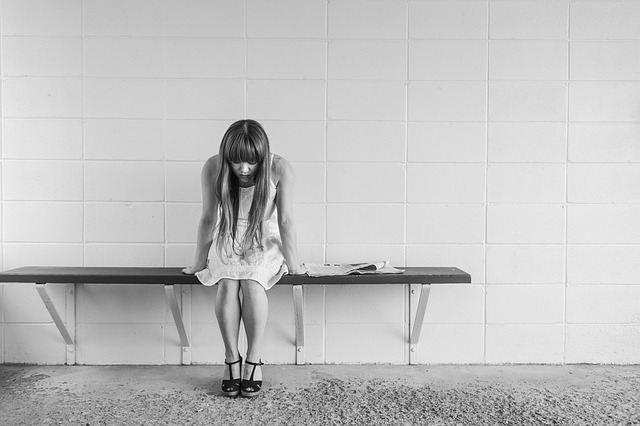Table of Contents
How To Know If You’re Depressed
How To Know If You’re Depressed – Depression is among the most common mental health illnesses that not only affects your physical health but your general well-being as well.
It is a mental-emotional disorder that is very familiar and cruel to most people suffering from it.
Depression is a very broad term that is used to describe diverse experiences, emotions, and symptoms whereby, the mildest form of depression may include; sadness, being low in spirits and physical symptoms such as the feeling of being left alone or wanting to hide from the world and loss of appetite leading to weight loss or increase in appetite bringing about unwanted weight gain, normal sleeping patterns may be disrupted thus waking up too early, constantly waking up in the middle of the night, or finding it hard to fall asleep.
At its severe level also known as clinical depression, is when one has lost all hope in life which may be life-threatening thus getting suicidal thoughts.
There are different types of depressions; the following describes the most common forms of depression:
Dysthymic Disorder
(Watered-down depression). In this kind of disorder the person experiencing it usually experience depressed moods most part of the day/s, and if left unaddressed it may go to at least 2 years.
Some of its symptoms include:

•Poor concentration or indecisiveness.
•Hypersomnia or insomnia.
•Low self-esteem.
•Overeating or poor appetite.
•Fatigue.
•Feelings of hopelessness.
Major Depressive Disorder.
This is a very serious type of depression that interferes with the body functioning.
This type of depression may be experienced as a long series of episodes or a single episode thus requires proper attention and treatment.
The following are some of the symptoms associated with this type of depression.
These symptoms are usually present in the same 2 week period.
They include:

•Significant weight gain or weight loss.
•Motor agitation.
•Depressed mood.
•Fatigue.
•Insomnia or hypersomnia.
•Poor concentration and inability to make decisions.
• Recurrent suicidal thoughts.
Bipolar Disorder
(Manic Depression). This is a more serious disorder that causes unusual shifts in activity level, moods, energy, and ability to perform day to day activities.
It includes constant mood changes that may occur in different cycles with manic periods which leads to intense depression.
When a person is on his manic period phase, he/she usually feels exhilarated to a degree when he/she may begin having very unrealistic beliefs of their abilities thus they may try or plan over-ambitious schemes and may at times become grandiose.
These feelings often lead to very high-risk behaviors like getting into activities that may lead to painful consequences such as overspending, making speculative investments and engaging oneself into sexual indiscretions.
The following are the 4 basic types of bipolar disorder (manic depression):
Bipolar I Disorder — this type involves severe manic symptoms or episodes that may last for at least 7 days, therefore, the person should be given immediate hospital car. One can experience manic symptoms and depression at the same time.
Bipolar II Disorder — this is defined by patterns of hypomanic and depressive episodes although it is not full-blown as Bipolar I Disorder.
Cyclothymia
(Cyclothymic disorder) — this is defined by the many periods of depressive symptoms and hypomanic symptoms that have lasted for at least 2 years and 1 year in children/adolescents.
Other unspecified/specified Bipolar — These are bipolar symptoms that are not on any of the above listed three types of bipolar.
The following are major depressive episode symptoms (an episode include up to five or more of the following symptoms):
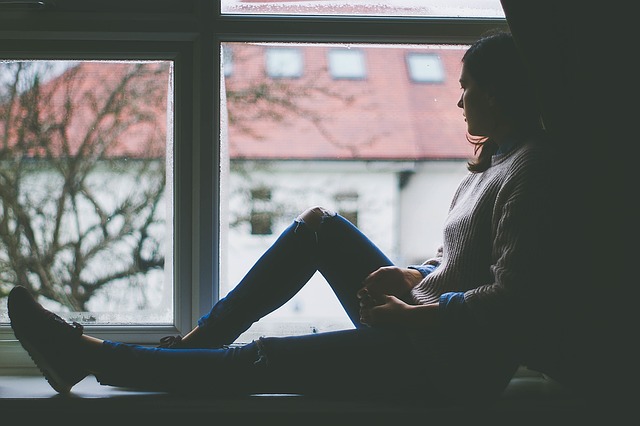
•Depression moods.
•Suicidal thoughts.
•Significant weight loss, weight gain.
•Insomnia or hypersomnia.
•Fatigue.
•Restlessness.
•Poor concentration and inability to make decisions.
Postnatal Depression
This is a type of depression that many parents encounter after having a baby.
It can begin at any time or for some it may happen soon after giving birth, it may take one to two days then it’s gone but for others, it can occur after 2 weeks or 2 years after childbirth.
It is very important to seek help from an expert as soon as the symptoms are experienced since it could get worse thus affecting you directly, your baby and your family in general.
Women get full recovery through therapy and some self-help strategies. Some of the postnatal depression symptoms include,
Many women feel baby blues’ which is experienced in the first week of giving birth and does not last more than 2 weeks.
Many women feel anxious, a bit down or tearful. If these symptoms last longer it leads to the postnatal depression.

•Loss of interest in the world.
•Feeling no connection to your baby (difficulty bonding & no sense of enjoyment).
•Having trouble sleeping at night.
•Poor concentration and inability to make decisions.
•Feelings of guilt and self-blame.
•Feeling irritable, agitated or very apathetic.
•Constantly having frightening thoughts that may be scary like having thoughts of hurting your child.
•Suicidal and self-harm thoughts.
This condition is very serious and some parents may find it hard to talk to their family or friends because of the feeling of being judged, therefore the condition may and up worsening and affecting than even more due to lack of help. The following are some main common signs to look out for in the new parents:

•Crying frequently for no clear reason.
•Avoiding contact with other people.
•Always speaking negatively.
•Self-neglection like taking a bath, changing cloth. e.t.c.
•Constant worries that there’s something wrong with their child even after being reassured.
•Loss of sense of time.
Adjustment Disorder
This type of depressive disorder is normally related to a certain life problem that may be difficult adjusting to the symptoms usually cause significant impairment.
Realistic Depression
This is a form of low mood which may be related to a natural reaction that most people face, dramatic life changes or have suffered a serious loss.
Such periods are not usually viewed as depression unless they become unusually severe or cause impairment or significant distress.
Regardless of your type of depression, all depression involves a negative view of the world, self (low-self esteem) and future (believing that there will never be an improvement).
How Do You Overcome Depression
Before you learn how to overcome depression you must fully understand what depression really is, it’s main causes e.t.c.
To understand depression you must know it is not really a single problem.
Rather, it is a general combination of numerous aspects and issues.
Depression comprises of 5 different components that are very important in understanding depression itself and how to maintain it.
These components include:
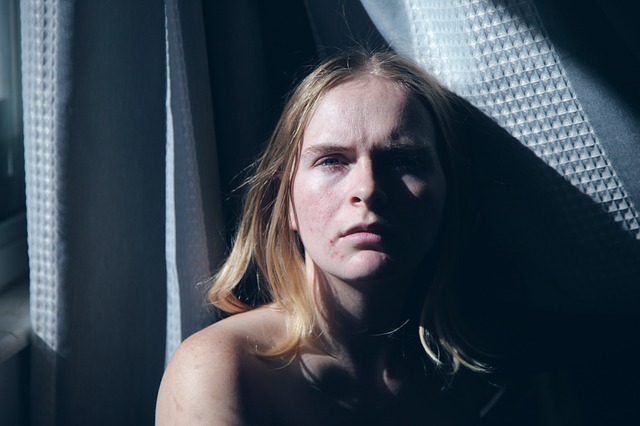
•Body (biochemistry and biology).
•Emotion (how you feel).
•Situation your recent life experiences).
•Actions (what you do).
•Thoughts (how and what you are thinking).
What causes depression?
Depression varies from one person to another and occasionally it may come for no obvious reason.
It is important to note that there is no specific cause of depression. Rather, it is a likely result from a combination of psychological, genetics, environmental and biochemical factors.
Subsequently, depressive episodes that one may face may tend to occur either with or without an obvious trigger.
Some common causes of a depressive episode include:
1.Life events — this may be triggered by a traumatic event such as being physically or sexually assaulted, being sacked or even divorce.
2.Physical conditions — the following physical conditions may result in depression and most of them are often overlooked, they are:

•Sleep problems.
•Serious conditions affecting the nervous system and the brain.
•Hormonal problems relating to menopause or menstrual cycle.
•Low blood sugar.
3.Loss — Such as the death of someone close, major life changes e.t.c
4.Poor diet.
5.Childhood experiences.
6.Anger.
7.Side effects of medication.
8.Alcohol and street drug abuse.
9.Genetics — some types of depression are often seen to run in families suggesting some genetic vulnerability.
According to some of the researches carried out with various brain-imaging technologies, such as MRI (magnetic resonance imaging) shows that there is a difference between the brain of a depressed person and that of the normal person who is not depressed.
The brain parts of the depressed that is responsible for thinking, regulating mood, appetite, behavior, and sleep appear to be functioning abnormally.
Although these results can be seen it is not very clear what may be the cause. How to fight depression.
It is important to understand that there are usually no instant solutions to such life problems. Solving such problems like depression takes time, work and energy.
You should practice the following to help your situation.
1.Break the repetitive cycle of constant negativity.
You can do this by making the conscious effort of breaking the hold in which depression has on you!
Try to determine and recognize your negative thinking pattern that is when you are doing it and what is triggering than replace it with something constructive by looking for things that would immediately occupy your mind.
2.Self-care.
You need to find and do things that would greatly improve how you feel about yourself. You can do this by
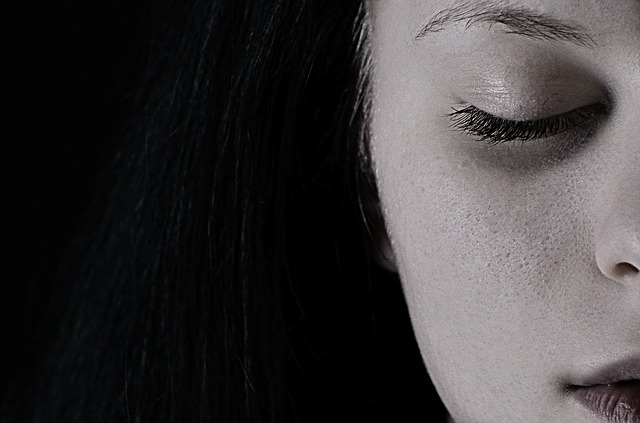
•Paying attention to your life and personal experiences. You can take a day out with your friends, and try to think of the great times you have had over the years without reminding yourself of the negative life experiences.
•Set achievable goals for yourself that will in return create a sense of satisfaction.
•Eat healthily.
•Be cautious of your alcohol consumption, tobacco and other drugs that may worsen your depression.
•Meditation. You can try practicing meditation. Over the past years, meditation as a treatment for depression has seen to be generating good results if properly done.
3.Stay active.
According to research and some individual personal experiences, regular exercise is a very effective way of lifting your energy levels, which is often more likely to improve your sleep and appetite.
Dedicating about 20 minutes a day to carry out some physical activities may be a great step to take to fight depression.
One can go for swimming, running, go to the gym, go for a walk or even taking it to the next level and join a team sport which will give you a great opportunity to have social contact with different people who share your interests.
4.Try to connect with other people.
Although this may be difficult it is important to know that keeping in touch with people will not only make you feel a bit more grounded but at times it may make things get more in perspective.
You can try to practice this by making a short phone call to your close relative or friend or if it is hard you can start by sending a text message or email.
You can also join self-help groups which could be a great relief to share experiences with other people who are facing the same issues as you are.
This would really help to break down the feelings of isolation, you will see and learn from the experiences of others and you will get mutual support in return.
When to Seek Professional Help.
How do you know if it is a good idea to seek professional help?
You may be experiencing all symptoms of depression however they may be manageable but if it lasts more than 2 weeks or has become very serious that it begins to interfere with your social life, family, your ability to function or developing suicidal thoughts then it would be a great idea to seek out help from a professional.
Where to Find Help.
The following are some examples of professional and organizations that can help deal with depression,

•Mental health specialists, that is Psychiatrists. Social workers. Clinical Psychologists. Licensed mental health counselors.
•Local hospital.
•Community mental health centers.
•Health Maintenance Organizations (HMO). It is always best to work with a doctor, therapist or other health professionals that you have been strongly recommended by someone you know and most importantly trust. You should try asking around your social circle for doctors and therapists that are great to work with.
What Are The Available Treatments?
An appropriate treatment starts with conducting a physical examination by a physician since at times depression can be as a result of certain medications or medical conditions such as thyroid disorder or viral infection which may cause similar symptoms and should be ruled out before a patient begins depression treatment.
It is important to note that, it is possible to treat depression however an accurate diagnosis needs to be made because there are different types of depression, which only respond to specific treatments.
There are two critical factors that can be used to determine whether or not a person is suffering from a clinical depression which includes:

1). Determining the degree to which the presented symptoms are interfering with the patient’s daily life and functioning and
2). How long the depression symptoms have lasted. At times you may be asked to complete questionnaire tests like:
•Hamilton Depression Rating Scale.
•Beck Depression Inventory.
•The Patient Health Questionnaire.
•Montgomery-Asberg Depression Rating Scale.
•The Zung Self-Rating Depression Scale
•E.t.c. There are various types of depression treatment available. Some of the most common treatments include:
Talking treatment. This type of treatment includes:
•Cognitive behavior therapy (CBT)— This type of treatment is usually short term and may take about 12 months it helps to identify and change the negative feelings and thoughts affecting a person’s behavior.
•Behavioral activation — In this type of treatment you are made to look at the everyday tasks that you are avoiding. This activity is aimed at making you feel better and if you manage to tackle them all it would create a feeling of being ready and confident to tackle bigger ones.
•Mindfulness-based cognitive therapy — this helps a depressed patient to accept life and pay attention to the most present life. The patient takes time to see what’s happening around them most importantly in a non-judgmental way. This type of treatment is usually done in the form of groups.
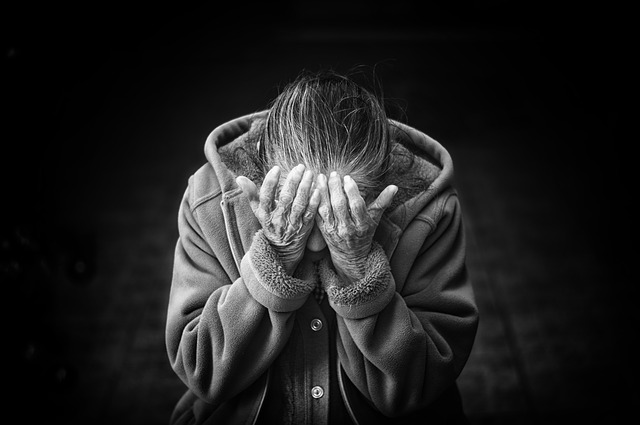
•Guided self-help.
•Counseling.
•Interpersonal psychotherapy.
•Group therapy.
•Psychodynamic counseling and psychotherapy.
Medication
Antidepressants.
These drugs usually work on the brain chemicals such as the serotonin and noradrenaline to help lift your mood. Most of these drugs take between 2-6 weeks before they take effect.
Antidepressants don’t cure the condition but instead, they help you feel better by lifting your mood so that you can battle depression. Be advised that these drugs are not appropriate for mild depression because their risk of developing side effects outweighs the benefits.
They are recommended on moderate depression that has lasted for long and in severe depression.
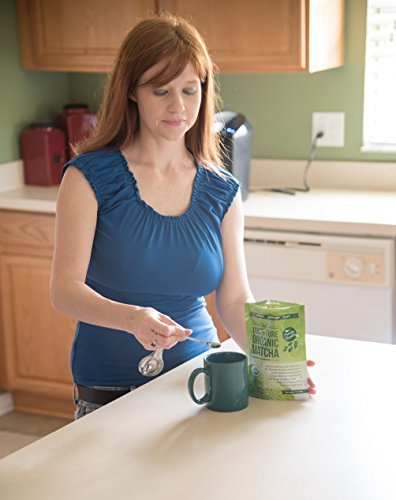
•Taking supplements. The following are 10 approved natural supplements:
1.Omega-3 Fatty Acids. These supplements contain EPA (eicosapentaenoic acid) which helps in good moods and DNA (docosahexaenoic acid) which naturally balance omega-6. The fatty acid found in omega-3 is very essential to our brains. Omega-3’s can be added to your diet through fish oil supplements too.
2.Vitamin b-12.
3.SAM-e (S-adenosylmethionine)
4.Probiotics.
5.Vitamin D and C
6.Tumeric (Curcuma longa).
7.Amino Acids.
8.GABA (Gamma-aminobutyric acid).
9.Melatonin.
10.Magnesium. It is important to note that supplements can greatly differ when it comes to quality and as a result, proper caution should be taken. It is advisable to always talk to a medical professional before initiating treatment.
How long would it take to finally cure depression?
Dysthymic Disorder
The most important question is are you willing to take charge?
The willingness of taking charge and deal with the situation is what determines how fast your depression will be cured.
It takes a lot of energy to stay depressed and it takes great effort to divert the energy that hinders you from changing. In conclusion, you should be willing to take as much time as you need to recover successfully.
The recovery period depends on an individual, some may recover very quickly, some very slow but most importantly the patient should go with their own pace.
HCF Happy, Calm & Focused – Brain Focus, Attention, Concentration & Mood Supplement (90 Count) – FQ Foundation Amino…
What You Get? - The one month supply of HCF Happy, Calm & Focused (NPN #80056386) brain supplement (fueled by F&Q amino acids & 15+ pure & effective neuro-nutrients) contains 90 easy to swallow vegetable capsules.
Guaranteed - HCF Happy, Calm & Focused is hypoallergenic, and contains the purest neuro-nutrients obtainable: no preservatives, no chemicals, no coatings, no calories, no sweeteners, no enhancers, no yeast, no fragrance, no dairy, no gluten, no nuts, no wheat.
HCF Happy, Calm & Focused Benefits - Helps enhance focus*, increase concentration*, sustain feeling happy*, feel internally calm*, promotes healthy sleep cycles*, helps increase attention*, helps improve alertness & memory*, helps curb anxious eating*, help losing weight*, strengthens neural pathways*, increase learning abilities*, be energized & strong*, supports hormone balance*
Price: $49.95
SPORTS NUTRITION SOURCE Z-Calm Zinc and Magnesium (ZMA) 60 Count
Supports deep sleep and immune function
Increase muscle recovery and boosts testesterone levels
Increases metabolism of carbohydrates, fats and proteins
Price: $9.15
